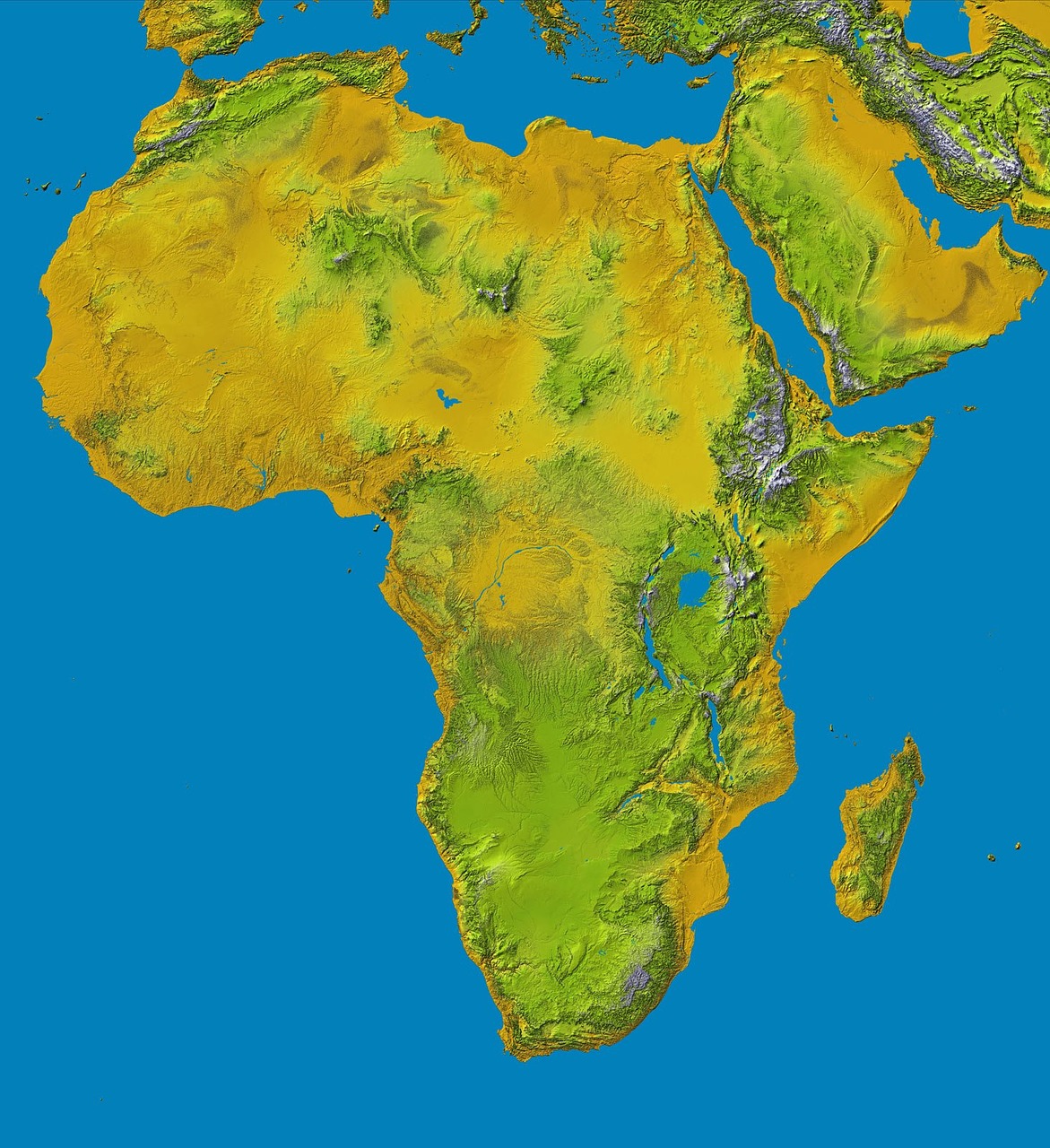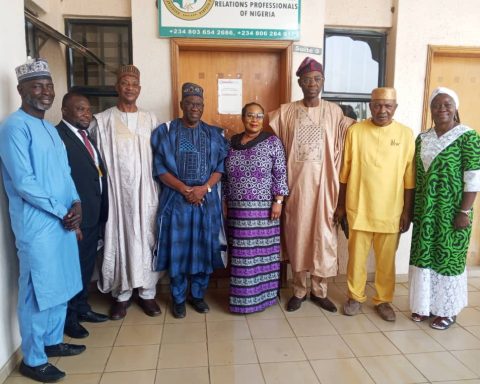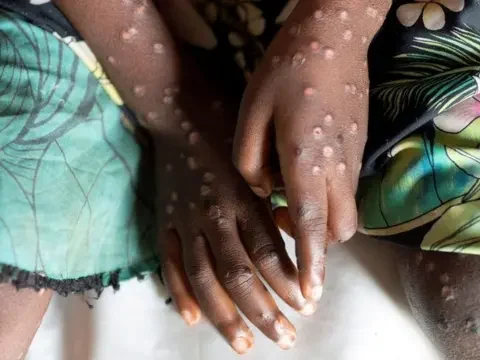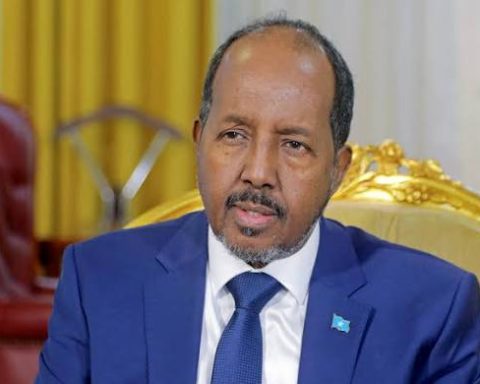Just recently, the World Economic Forum (WEF) published a brief report detailing five priority areas African countries need to focus on for sustainability and economic development.
The priorities include the need to achieve vaccine equity for Africa and finance the continent’s green energy transition.
Join our WhatsApp ChannelThe World Economic Forum said the continent needs to work together with the rest of the world towards actualising these priorities.
According to the leading international lobbying organisation, African countries will need to work together with the rest of the world towards actualising these priorities, as they are essential to the continent’s economic development.
The priority areas are highlighted and discussed below.
- Need to achieve vaccine equity for Africa
As COVID-19 is yet to completely edge away, it still poses considerable threats to humanity and Africa has been lagging behind with regards to efforts aimed at vaccinating much of its population. Available statistics show that only 77 million Africans (about 6% of the continent’s population) are fully vaccinated. This is very abysmal when compared to other regions of the world. And as the World Economic Forum pointed out, Africa’s extremely low level of vaccination increases the chances of more variants and more infections, all of which inevitably impacts negatively on many people’s wellbeing and Africa’s economies.
To help African countries to better manage the pandemic, the World Economic Forum has urged global policymakers to come up with plans that would “ensure the equitable allocation of limited doses until there is sufficient global supply”.
- Need to get Africa ready for a global role
According to WEF, Africa is poised for a major role in the global arena. This is thanks, in part, to the continent’s demographics which will become very important to the world at a time when global working-age populations are steadily shrinking.
Do note that half of the projected 2 billion growth for the world’s population over the next three decades will be in Sub-Saharan Africa. And the working population on the continent will continue to outpace other regions of the world. And Africa’s human resources will continue to be useful around the world. And this, alongside Africa’s anticipated economic growth, will give the continent more say in world affairs.
In the meantime, African countries will need to carry out some reforms in order to be able to capitalize on these trends. Specifically, WEF noted that “Africa, more than many other regions, desperately needs to provide the education and skills training necessary for the jobs of the future”.
- Need to harness the opportunities afforded by the Africa Continental Free Trade Area (AfCFTA)
According to WEF, AfCFTA holds huge economic promise for African countries, especially at a time when the continent is still reeling from the economic impacts of the pandemic. As you may well know, the AfCFTA makes Africa the world’s largest free trade area in terms of area of coverage ad number of countries. About 55 countries with a combined population and GDP of 1.3 billion and $3.4 trillion, respectively, are signatory to the agreement. However, some aspects of the agreement still needs to be negotiated and agreed upon before it can fully become effective. WEF therefore recommends that it’s high time these negotiations happen in order for African countries to fully take advantage of the many benefits of AfCFTA.
- Need to accelerate Africa’s digital transformation
The report noted that while the digital transformation of the goods and services markets and general supply chains is expected to keep accelerating in 2022, it behooves of African countries to make the essential investments in education which will be needed in order “to fully leverage the Fourth Industrial Revolution”.
- Need to finance Africa’s green transition
This is another major priority for African countries. And it is a priority because even though the continent currently contributes the least to global warming, it is most vulnerable to the impacts of climate change. Hence, the need while on hands must be on deck in order to deliver “more support for climate adaptation
- Queen Nwabueze
- Queen Nwabueze
- Queen Nwabueze
- Queen Nwabueze
- Queen Nwabueze
- Queen Nwabueze
- Queen Nwabueze
- Queen Nwabueze
- Queen Nwabueze
- Queen Nwabueze
- Queen Nwabueze
- Queen Nwabueze
- Queen Nwabueze
- Queen Nwabueze
- Queen Nwabueze
- Queen Nwabueze
- Queen Nwabueze
- Queen Nwabueze
- Queen Nwabueze
- Queen Nwabueze
- Queen Nwabueze
- Queen Nwabueze
- Queen Nwabueze
- Queen Nwabueze
- Queen Nwabueze
- Queen Nwabueze
- Queen Nwabueze
- Queen Nwabueze
- Queen Nwabueze
- Queen Nwabueze
- Queen Nwabueze
- Queen Nwabueze
- Queen Nwabueze
- Queen Nwabueze
- Queen Nwabueze
- Queen Nwabueze
- Queen Nwabueze
- Queen Nwabueze
- Queen Nwabueze
- Queen Nwabueze
- Queen Nwabueze
- Queen Nwabueze
- Queen Nwabueze
- Queen Nwabueze
- Queen Nwabueze
- Queen Nwabueze
- Queen Nwabueze
- Queen Nwabueze
- Queen Nwabueze
- Queen Nwabueze
- Queen Nwabueze
- Queen Nwabueze
- Queen Nwabueze
- Queen Nwabueze
- Queen Nwabueze
- Queen Nwabueze
- Queen Nwabueze
- Queen Nwabueze
- Queen Nwabueze
- Queen Nwabueze
- Queen Nwabueze
- Queen Nwabueze
- Queen Nwabueze
- Queen Nwabueze
- Queen Nwabueze
- Queen Nwabueze
- Queen Nwabueze
- Queen Nwabueze
- Queen Nwabueze
- Queen Nwabueze
- Queen Nwabueze
- Queen Nwabueze
- Queen Nwabueze
- Queen Nwabueze
- Queen Nwabueze
- Queen Nwabueze
- Queen Nwabueze
- Queen Nwabueze
- Queen Nwabueze
- Queen Nwabueze
- Queen Nwabueze
- Queen Nwabueze
- Queen Nwabueze
- Queen Nwabueze
- Queen Nwabueze
- Queen Nwabueze
- Queen Nwabueze
- Queen Nwabueze
- Queen Nwabueze
- Queen Nwabueze
- Queen Nwabueze
- Queen Nwabueze
- Queen Nwabueze
- Queen Nwabueze
- Queen Nwabueze
- Queen Nwabueze
- Queen Nwabueze
- Queen Nwabueze
- Queen Nwabueze
- Queen Nwabueze
- Queen Nwabueze
- Queen Nwabueze
- Queen Nwabueze
- Queen Nwabueze
- Queen Nwabueze
- Queen Nwabueze
- Queen Nwabueze
- Queen Nwabueze
- Queen Nwabueze
- Queen Nwabueze
- Queen Nwabueze
- Queen Nwabueze
- Queen Nwabueze
- Queen Nwabueze
- Queen Nwabueze
- Queen Nwabueze
- Queen Nwabueze
- Queen Nwabueze
- Queen Nwabueze
- Queen Nwabueze
- Queen Nwabueze
- Queen Nwabueze
- Queen Nwabueze
- Queen Nwabueze
- Queen Nwabueze
- Queen Nwabueze
- Queen Nwabueze
- Queen Nwabueze
- Queen Nwabueze
- Queen Nwabueze
- Queen Nwabueze
- Queen Nwabueze
- Queen Nwabueze
- Queen Nwabueze
- Queen Nwabueze
- Queen Nwabueze
- Queen Nwabueze
- Queen Nwabueze
- Queen Nwabueze
- Queen Nwabueze
- Queen Nwabueze
- Queen Nwabueze
- Queen Nwabueze
- Queen Nwabueze
- Queen Nwabueze
- Queen Nwabueze
- Queen Nwabueze
- Queen Nwabueze
- Queen Nwabueze
- Queen Nwabueze
- Queen Nwabueze
- Queen Nwabueze
- Queen Nwabueze
- Queen Nwabueze
- Queen Nwabueze
- Queen Nwabueze
- Queen Nwabueze
- Queen Nwabueze
- Queen Nwabueze
- Queen Nwabueze
- Queen Nwabueze
- Queen Nwabueze
- Queen Nwabueze
- Queen Nwabueze
- Queen Nwabueze
- Queen Nwabueze
- Queen Nwabueze
- Queen Nwabueze
- Queen Nwabueze
- Queen Nwabueze
- Queen Nwabueze
- Queen Nwabueze
- Queen Nwabueze
- Queen Nwabueze
- Queen Nwabueze
- Queen Nwabueze
- Queen Nwabueze
- Queen Nwabueze
- Queen Nwabueze
- Queen Nwabueze
- Queen Nwabueze
- Queen Nwabueze
- Queen Nwabueze
- Queen Nwabueze
- Queen Nwabueze
- Queen Nwabueze
- Queen Nwabueze
- Queen Nwabueze
- Queen Nwabueze
- Queen Nwabueze
- Queen Nwabueze
- Queen Nwabueze
- Queen Nwabueze
- Queen Nwabueze
- Queen Nwabueze
- Queen Nwabueze
- Queen Nwabueze
- Queen Nwabueze
- Queen Nwabueze
- Queen Nwabueze
- Queen Nwabueze
- Queen Nwabueze
- Queen Nwabueze
- Queen Nwabueze
- Queen Nwabueze
- Queen Nwabueze
- Queen Nwabueze
- Queen Nwabueze
- Queen Nwabueze
- Queen Nwabueze
- Queen Nwabueze
- Queen Nwabueze
- Queen Nwabueze
- Queen Nwabueze
- Queen Nwabueze
- Queen Nwabueze
- Queen Nwabueze

















